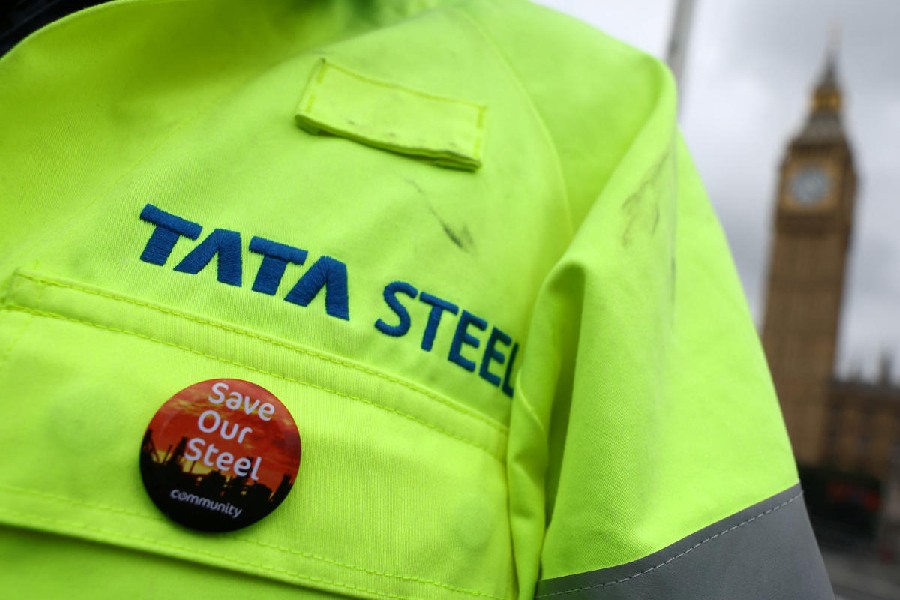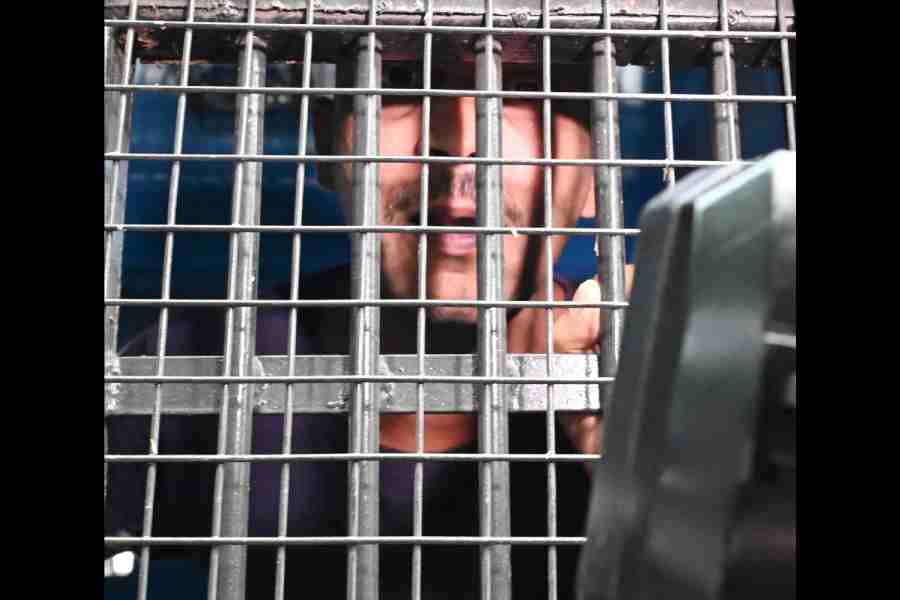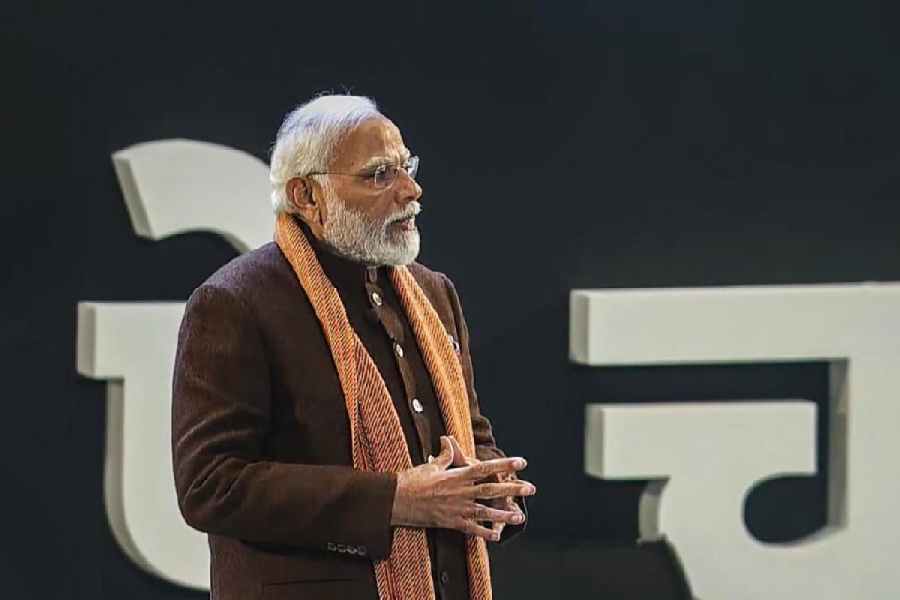Tata Steel may have to take a decision on the future of the troubled UK business in a year as the life of the blast furnace in Port Talbot, Wales, will come to an end.
“Decision time is nearing,” said N. Chandrasekaran, chairman of the company and of the Tata group, to shareholders at the 116th annual general meeting of Tata Steel on Wednesday.
Several shareholders quizzed the company management about the future of the UK business, the weakest link in Tata Steel’s operations spread across India, the Netherlands, the UK and South-East Asia.
“The blast furnace will come to the end of its life cycle in a year or so. Before that, we have to take a decision; our preference is to replace it with an EAF (electric arc furnace). We have drawn up a proposal and given it to the UK government,” Chandrasekaran told the shareholders in his reply.
In the note to the fourth quarter results, the company alluded to the uncertainty over adequate support from the UK government to enable the proposed transition to the production of green steel from the electric arc furnace.
The Rishi Sunak-government is believed to have offered £300 million aid to Tata Steel UK, which the Indian management found to be inadequate.
The chairman on Wednesday said discussions are on with multiple stakeholders, including the government and the unions, to arrive at the ‘‘right decision”.
“There are various options and we are trying to see what is the right option,” he said.
The installed capacity at Port Talbot is 5 million tonnes (mt) even as the company usually produces under 3 mt annually.
The chairman also informed the shareholders that Tata Steel has completely de-risked the £6 billion British Steel Pension Scheme by securing full insurance cover for the pension liabilities.
“This means that the cash flows for future pension pay-outs to pensioners are guaranteed by the insurer.
“This has been done at no cash cost to the company and eliminated any future risks to the company from asset-liability mismatches,” Chandrasekaran said.
Future plans
The chairman said Tata Steel has lined up expansion plans to reach 40 million tonnes capacity, mostly through the organic route.
“We already have a big expansion plan in Kaliganagar which will go from 3 mt to 8 mt. It will be completed in 12 months,” he said.
He also informed that Tata Steel has a huge expansion plan in long products and it wanted to be a leader in that category of steel.
Neelachal Ispat Nigam Ltd, the recently acquired company by Tata Steel, would lead the long products growth.











